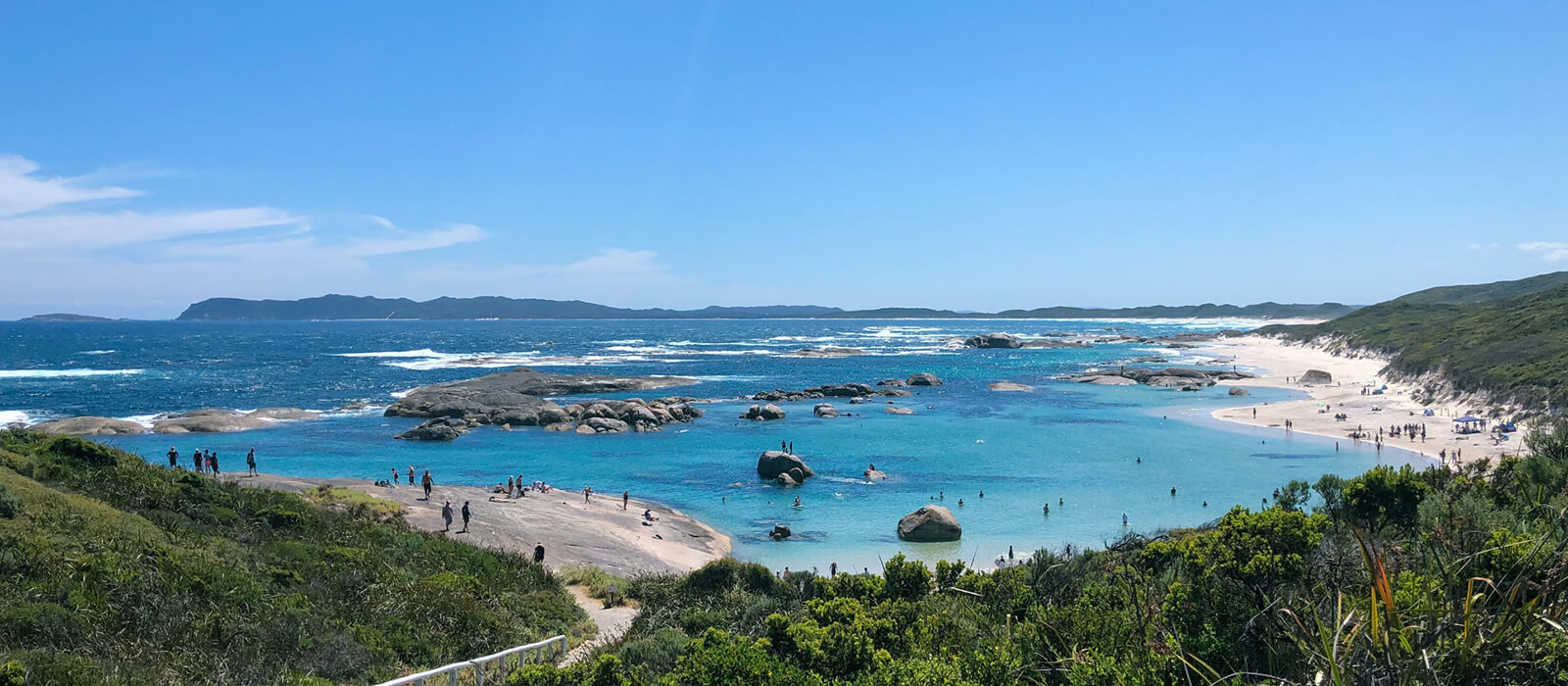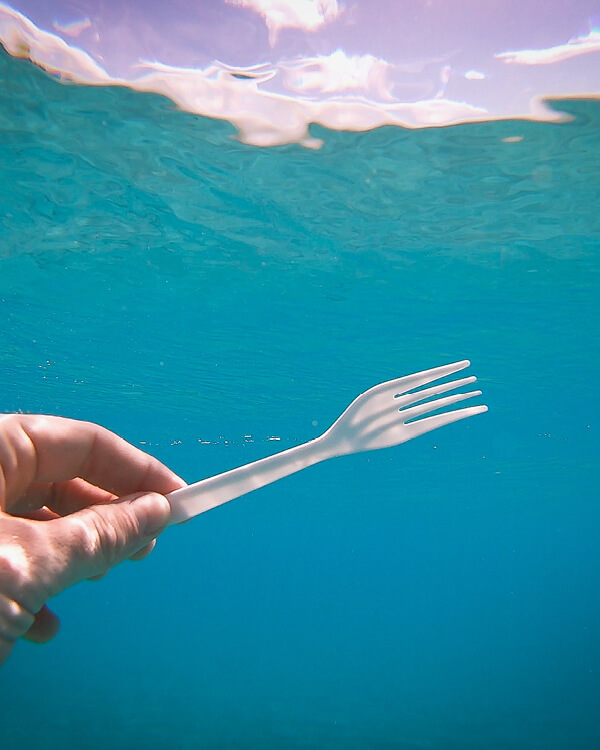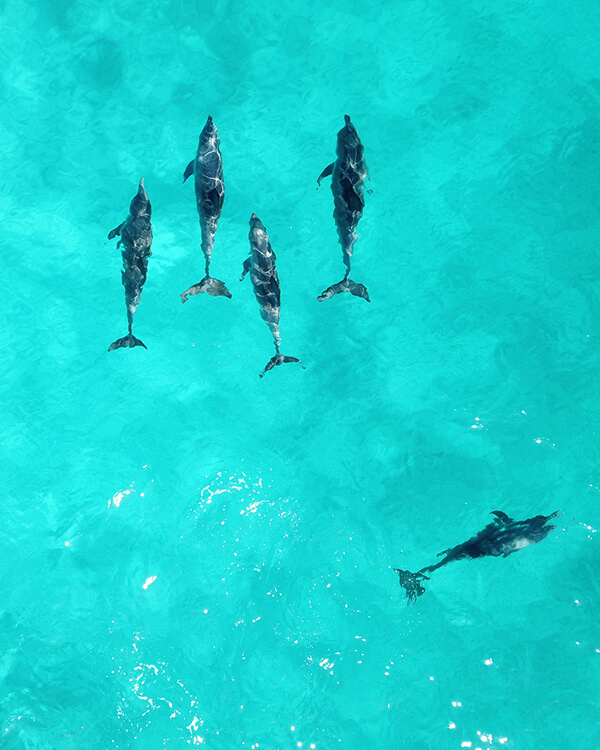A Cleaner Australia: The Impact of Clean Up Australia Day on the Environment and Wildlife
- Posted on
- In Lifestyle

We all must do our part if we are to mitigate Australia’s environmental challenges for the long-term. Taking action now is essential for sustaining our natural resources.
Clean Up Australia, one of the most recognised and respected environmental organisations in the country, has successfully encouraged Australians to take real action in protecting their environment for over 30 years! What’s more, their annual Clean Up Australia Day has become a nationwide event with massive community participation.

As Australia’s waste challenges continue to grow the crisis has shown us the importance of embracing a circular economy – where nothing is wasted and everything is a resource. It’s time to take action and implement sustainable solutions, creating a bright future for generations to come.
Australia is facing an alarming plastic waste problem. Around 100 kg of plastic per person is produced each year, and only 13% of the waste is recovered, with 84% ending up in landfill. We must do more to reduce our plastic footprint and create a more sustainable future.
Alarmingly, 130,000 tonnes of plastic is collected from the marine environment each year which represents a significant environmental hazard. This emphasises the need to reduce our dependence on single-use plastics and adopt better waste management practices.
We must act now and strive to reduce the use of plastic in our daily lives. If not, by 2025 it is estimated that 99% of all seabirds on our planet will have consumed plastic debris. We can make a difference if we take the necessary steps today.

What actions can you take to reduce these statistics? We need to refuse plastic packaging, reduce our waste, reuse, recycle and compost.
We need to be more conscious of how we use the resources we already have and utilise them in a way that helps us prevent environmental pollution and waste overflow. Let’s make sure our resources are recycled back into the circular economy and not going to waste.